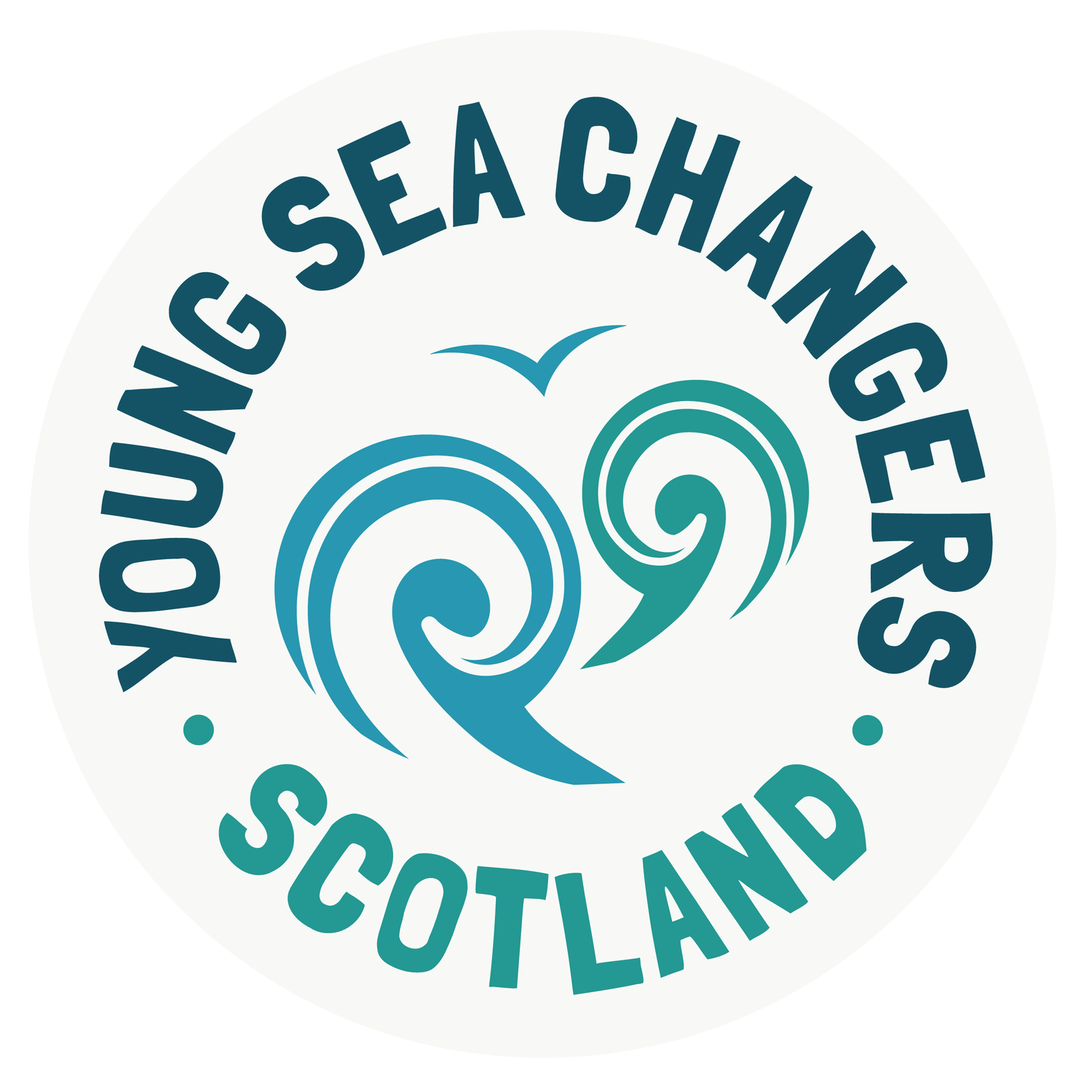A place at the table
By Louis MacMillan (YSCS Member)
My experience of engaging with marine policy, particularly right now in Scotland, feels like being trapped in a kelp forest during a storm. From the surface, the kelp forest looked interesting, you want to dive down and explore it. But once down there, you’re tangled in a mess of seaweed, struggling to see a way through to clearer water.
In 2012, when I was just 10 years old, the Scottish Government began the process of designating Marine Protected Areas (MPAs). Growing up on the west coast, in Argyll, this meant nothing to me at the time. The sea was a playground at first – swimming down at the old pier after school, sailing with the boat club in the village, and watching otters fish in the kelp.
Credit: Ocean Image Bank
When I was a child, ‘fishing’ meant casting for mackerel off the point, though I knew there was something going on out at sea with big red boats and nets and floating pens of fish. I think that ignorance is forgivable given my age at the time, though sadly I think this perspective is still shared by most of my city-dwelling friends today.
It’s no wonder there’s a disconnect. At school, we were never taught anything fisheries-related. Nothing on our maritime heritage, or the collapse of fish stocks and the decline in marine biodiversity. Rather than coming from a textbook, my curiosity for the way our seas are managed was sparked in 2017 when my local community got organised to oppose an application for a new salmon farm.
I wrote essays on the pros and cons of salmon farming and learnt about the damaging impact of dredging. From my house at night, I’d watch the lights of fishing boats going back and forth in an area of sea I’d been told was a ‘Marine Protected Area’.
Fast forward several years, and I find myself engaging with marine policy. Why? Because the health of our ocean is declining so dramatically that I fear for our future. And, because I think we have resources and the ability to turn the situation around to create a brighter future for all.
I’m fortunate to have a Geography degree and to have been supported by Young Sea Changers Scotland (YSCS). Taking part in their training programme ‘Turning the Tide’ allowed me to zoom out and see the bigger picture – who and what these policies impact - while also diving into the finer detail of how these policies are shaped by politics, power dynamics and external factors.
A big moment for me recently was attending a stakeholder engagement event organised by the Marine Directorate, where they shared details on the upcoming consultation for inshore MPA management measures in a room full of fishing organisations, environmental organisations, and Scottish Government officials. I was there as a member of YSCS.
Looking round the Edinburgh conference room, there was a clear divide between the three groups. It was a highly charged environment, and during conversations with environmentalists and fishers I felt the need to justify why I was there, and why I should have a stake in the future health of our seas.
I was aware of some of the background – the recent row over Highly Protected Marine Areas and the years of policy delay – but I hadn’t quite appreciated how painful, frustrating, and tumultuous the decade-long process must feel like for those involved since the start.
It is no surprise that many young people, myself included, experience imposter-syndrome in this murky environment. We’re stepping into the process at what feels like quite a late stage, and it can feel somewhat pointless when you’re surrounded by fisheries experts and seasoned campaigners. But I’ve come to believe our comparative lack of experience is one of our greatest strengths. It’s like being a child with squabbling parents - suggesting the obvious solutions that the policy-consumed, kelp-entangled campaigners and policymakers have perhaps overlooked.
“I’ve come to believe our comparative lack of experience is one of our greatest strengths.”
For example, during a break-out discussion centred on the difficulties with consulting fishers, I pointed out that the tools already exist to radically change the way governments approach consultations. Instead of relying on time-consuming online surveys, short interviews with fishers could be easily transcribed and analysed by AI, improving the quantity and quality of responses. “That’s not a bad idea”, the government official noted.
Nevertheless, it was encouraging to hear commitments by the Marine Directorate, and the Cabinet Secretary herself, to engage with young people during the consultation process for inshore MPAs. But we all know that engagement has to be meaningful rather than tokenistic. The Marine Directorate must go further than just consulting with fishers and established environmental organisations. Everyone has a stake in the health and economy of the ocean, and we, as young people, are best placed to offer alternative visions for the blue space we will be responsible for managing in the decades to come.
To other young people who are interested in getting involved, I would give three bits of advice. Firstly, don’t be put off by complexity – we are often the ones best placed to think outside the box. Secondly, back yourself – you have every right to be involved and have your voice heard. Remind yourself why you’re passionate about this and bring that passion to the table.
Finally, speak to people – it is daunting but essential. The YSCS team is your first port of call, and once you’re signed up there’s a whole network of people to ask for advice and collaborate with.
It is a crucial time to get involved and make our voices heard. Together, we can navigate the kelp forest of marine policy and lead the way to a healthier ocean for all.



